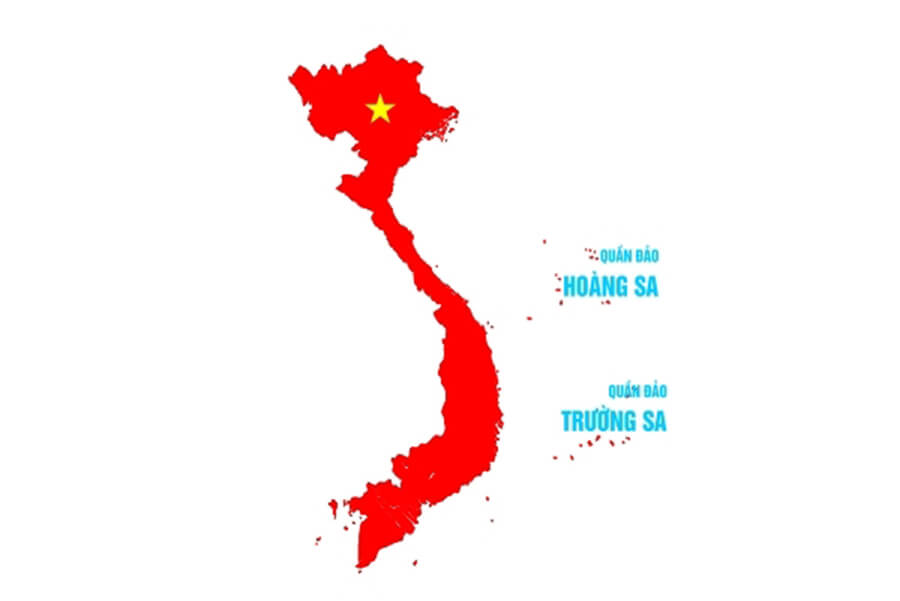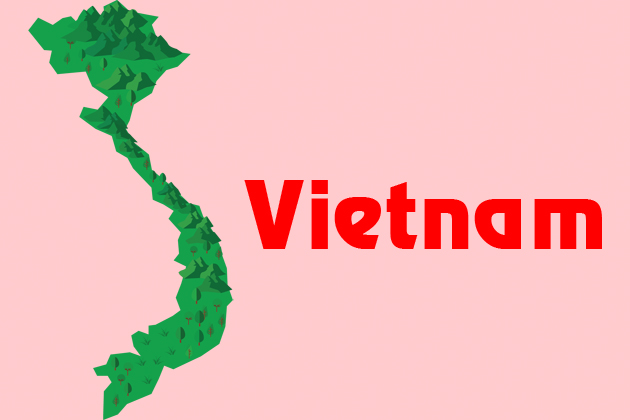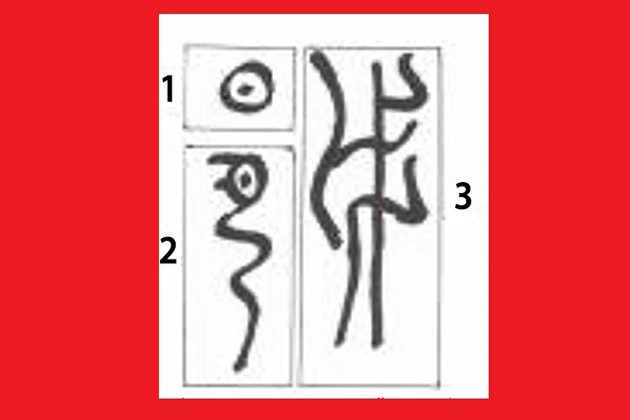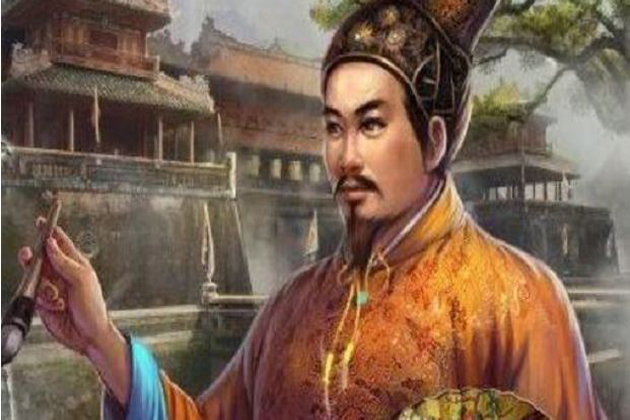Each nation has its own name that presents the pride of the country. Before a Vietnam tour, have you ever wondered What does Vietnam mean? If you have no idea, don’t worry! This article will show you the full package of information about the meaning of the word “Vietnam” in history to help you have insight knowledge in the unique historical and cultural characteristics of this country.
What does “Vietnam” Mean in English?
The name “Vietnam” is simply understood as a combination of national race “Viet” and geographical location of this beautiful land “Nam” (in the south) expressing self-respect, independent spirit and negating the imposition and contempt of the Chinese. However, the meaning of “Vietnam” does not stop at that description. Let’s go further!
What does “Viet” Mean?
In the Chinese dictionary (Kanji), the word “Viet” means those who had to run towards the south to avoid the war of Huaxia (the old name of China). Nevertheless, according to the ancient legend about the origin of the Vietnamese, they are proud of being the children of the Fairy and the Dragon so it is not simple like that. In order to have a deep understanding, the word “Viet” should be interpreted in the ancient Vietnamese language, not Kanji.
It is necessary to acknowledge the insight meaning of the word “Viet” in the ancient Vietnamese language, which is comprised of three following letters:
The first letter means “the sun”, the second one is understood as “the dragon” – which appeared in the date of oracle bone script (about 3000 years ago) and the last one has the sign of “the Birdman” that is similar to the image of people wearing costumes like birds, holding the weapon on hand and dancing in the festival on the surface of the Ngoc Lu drum – one of the most important artifacts of the Dong Son culture made in the Bronze Age in Vietnam.
Based on the vestiges remained in the ancient objects such as the bronze drums, the sun is tightly attached to the Vietnamese culture, related to the weather distribution in a year. Besides, the image of the men in feathered outfits carrying weapons is very popular on the bronze drums. It can be speculated that the ancient Vietnamese dressed up like birds in the festivals. This is probably the symbol of the legend that human ancestors are the fairies that can fly in the sky. Combined with the dragon, it must have meant ” the children of the Fairy and the Dragon” – the pride and the unique characteristic of Vietnamese culture.
In conclusion, if the sun represents the civilization, the dragon and the birdmen are supposed to be “the children of the Fairy and the Dragon”, then the meaning of the word “Viet” may be the civilization of the children of the Fairy and the Dragon which is the civilization created by the ancient Vietnamese.
When was the Name “Vietnam” Officially Used?
In 1802, after the throne, Nguyen Anh (King Gia Long) sent two delegations to China. A delegation led by the Ministry of Households was Trinh Hoai Duc as the minister, to bring back the appointment letter that the Qing Dynasty gave for the Tay Son Dynasty. The other delegation led by the Military Minister – Le Quang Dinh was asked to appoint Nguyen Anh as the king and set the official name of the country – Nam Viet.
Also in 1802, the Qing Dynasty accepted the request for the name of the country as Vietnam. But until 1804, the Guards of Guangxi – Qi Bo Sam was sent to bring the appointment letter and the national seal to Thang Long – the ancient name of Hanoi to make a ceremony for Nguyen Anh.
As a result, the national name Vietnam was accepted in 1802, but till 1804, it was officially used and recognized in terms of diplomacy.
Why is Vietnam Two Words?
In Vietnamese, Vietnam is separated into “Viet” and “Nam”. In English, they are combined together and become Vietnam. Both of “Viet Nam” and “Vietnam” are correct but the second one is used more frequently.
The Former Names of Vietnam throughout History
| Historical periods | Names of Vietnam | The Dynasty/Regime |
| 2879 – 2524 AD | Xich Quy | Hong Bang Dynasty |
| 2524 – 258 AD | Van Lang | Hong Bang Dynasty |
| 257 – 207 AD | Au Lac | Thuc Dynasty |
| 40 – 43 BC | Linh Nam | Trung Sisters |
| 544 – 602 & 938 – 968 BC | Van Xuan | Early Ly Dynasty & Ngo Dynasty |
| 968 – 1054 BC | Dai Co Viet | Dinh Dynasty & Early Le Dynasty |
| 1054 – 1400 BC | Dai Viet | Ly Dynasty & Tran Dynasty |
| 1400 – 1407 BC | Dai Ngu | Ho Dynasty |
| 1428 – 1804 BC | Dai Viet | Later Le Dynasty & Tay Son Dynasty |
| 1804 – 1839 BC | Vietnam | Nguyen Dynasty |
| 1839 – 1945 BC | Dai Nam | |
| 1945 – 1976 BC | Democratic Republic of Vietnam | The Socialism |
| 1976 – Present | Socialist Republic of Vietnam (Vietnam) | The Socialism |






